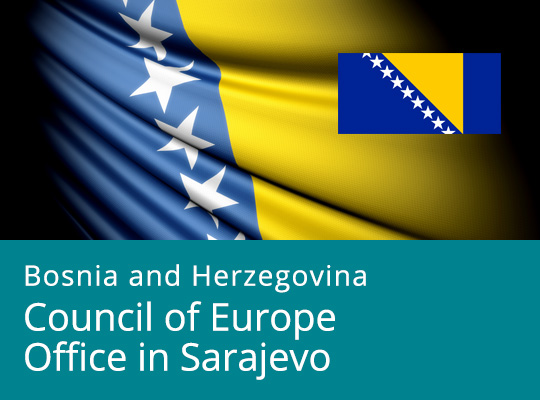From 5 -6 April 2022, the Council of Europe organised a training for 20 judges and legal advisors related to legal reasoning and legal drafting in criminal cases.
The trainings brought to light the necessity for the courts to give sufficient reasons to render judgment, since only the parties to the proceedings can understand the reason and the method used by the judge to come to a certain conclusion. Good reasoning also facilitates acceptance of the judgment by the parties and the general public. Additionally, well-reasoned judicial decisions are a safeguard against arbitrary adjudication and ensure the proper delivery of justice, but also public trust in the judicial system.
In deciding cases at domestic level, the courts are obliged under domestic law to provide detailed reasoning for their judgments. However, substantial obligations concerning the content of that reasoning stem also from the European Convention on Human Rights (the ECHR), as interpreted by the European Court of Human Rights (the ECtHR) in its case-law – explicitly under Article 6 of the ECHR.
The training was organised in cooperation with the Judicial and Prosecutorial Training Centres of Republika Srpska and the Federation of Bosnia and Herzegovina under the project: “Initiative for Legal Certainty and Efficient Judiciary in Bosnia and Herzegovina - Phase III”, funded by the Kingdom of Norway.



